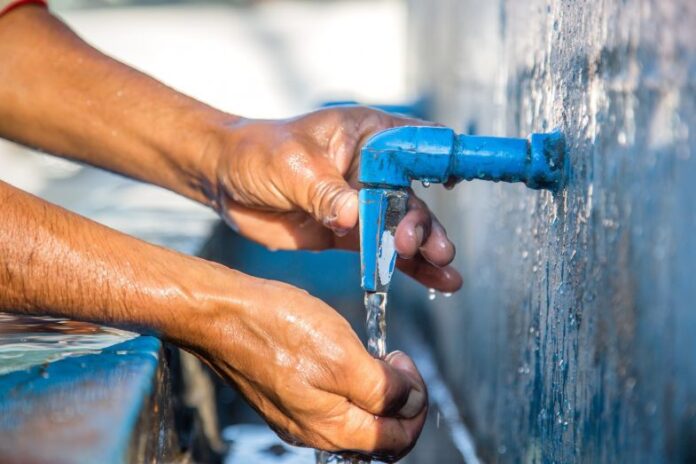
Bengaluru Woman uses a simple, low-cost hack to help preserve over 18 Lakh litres of Water
Date:

Share post:
The taps that individuals use for washing are one of the primary sources of water waste in a country as water-stressed as ours. An estimate of 20 second-hand washes uses up to four litres of water when run through a standard tap at total capacity. You get a staggering figure when you multiply that by the number of people.
Lalithamba Vishwanathiah has been concerned about this for a long time. She came up with the idea of employing aerators and water restrictors. These simple devices can be easily mounted to a tap and rapidly reduce water usage by three times while maintaining washing efficiency.

“I’ve been working in numerous social activities for about 13 years now,” Lalithamba explains. I’ve been a member of many committees and working groups to restore Bengaluru’s lost splendor throughout the years, ranging from solid waste management to concerns with the electricity and water boards. She believes it is critical to have local efforts.
“We can’t expect the federal government to fix our local problems.” “It’s up to us as citizens to get together and find solutions,” she says.
Lalithamba also operates a crockery bank out of her home, where she stores around 200 crockery and cutlery sets that she gives away for free to those who host events at their homes to encourage zero-waste living. ‘Water will soon be a traded commodity,’ says the lady.
“Water is the fundamental component of all life. “The lack of it will almost certainly lead to the breakout of the next major conflict,” she claims. There are top-down techniques to capturing water and allowing us to reuse it, such as recharge wells, rainwater collecting, and sewage treatment plants, that can have a large-scale influence on communities. While rainwater collection is common, installing sewage treatment facilities within buildings and communities can be complex due to space constraints and high capital costs (up to Rs 30-50 lakhs).
Lalithamba also recognised a bottom-up approach to water conservation, such as deploying devices to limit the use of fresh water for specific chores such as handwashing, hence lowering water stress. She also realised that the most straightforward approach to achieving scale is to focus on areas where many people congregate and where water usage is visible. This realisation inspired her to install water restrictors and aerators in taps.

Lalithamba has installed 125 aerators in schools, wedding halls, and conference halls in the last month. She claims that by doing so, she has helped conserve over 18 lakh litres of freshwater every month.
Furthermore, she has accomplished everything with a budget of less than Rs 12,000. An aerator or water restrictor can be installed in less than two minutes. A water restrictor is installed in between the water inlet and the tap while an aerator is attached to the tap nozzle. With these two simple gadgets, water use may be cut to one-quarter of what it was before.
“These devices, which cost less than Rs 100, help save 10 litres every minute on average.” Over the course of a month, this can cover the charges. “By installing these basic gadgets, schools and marriage halls have saved close to 15,000 litres each month,” explains Lalithamba.
Her request is straightforward: the authorities have to mandate the use of these devices in public spaces. She further claims that CSR funds are being used to construct community toilets and washrooms. Lalithamba demands that these devices be included in the installation of the taps, as well as when newer taps are placed.
While these are minor adjustments, the impact they have is enormous. Lalithamba demonstrates that change begins with oneself and does not require vast populations or resources to be effective.
SOCIAL MEDIA CAPTION:
Lalithamba Vishwanathiah, an inhabitant of Bengaluru’s HSR Complex, has built 125 aerators in institutions, wedding halls, and conference halls, saving over 18 lakh litres of water. The taps that individuals use for washing are one of the primary sources of water waste in a country as water-stressed as ours. An estimate of 20 second-hand washes uses up to four litres of water when run through a standard tap at total capacity.
